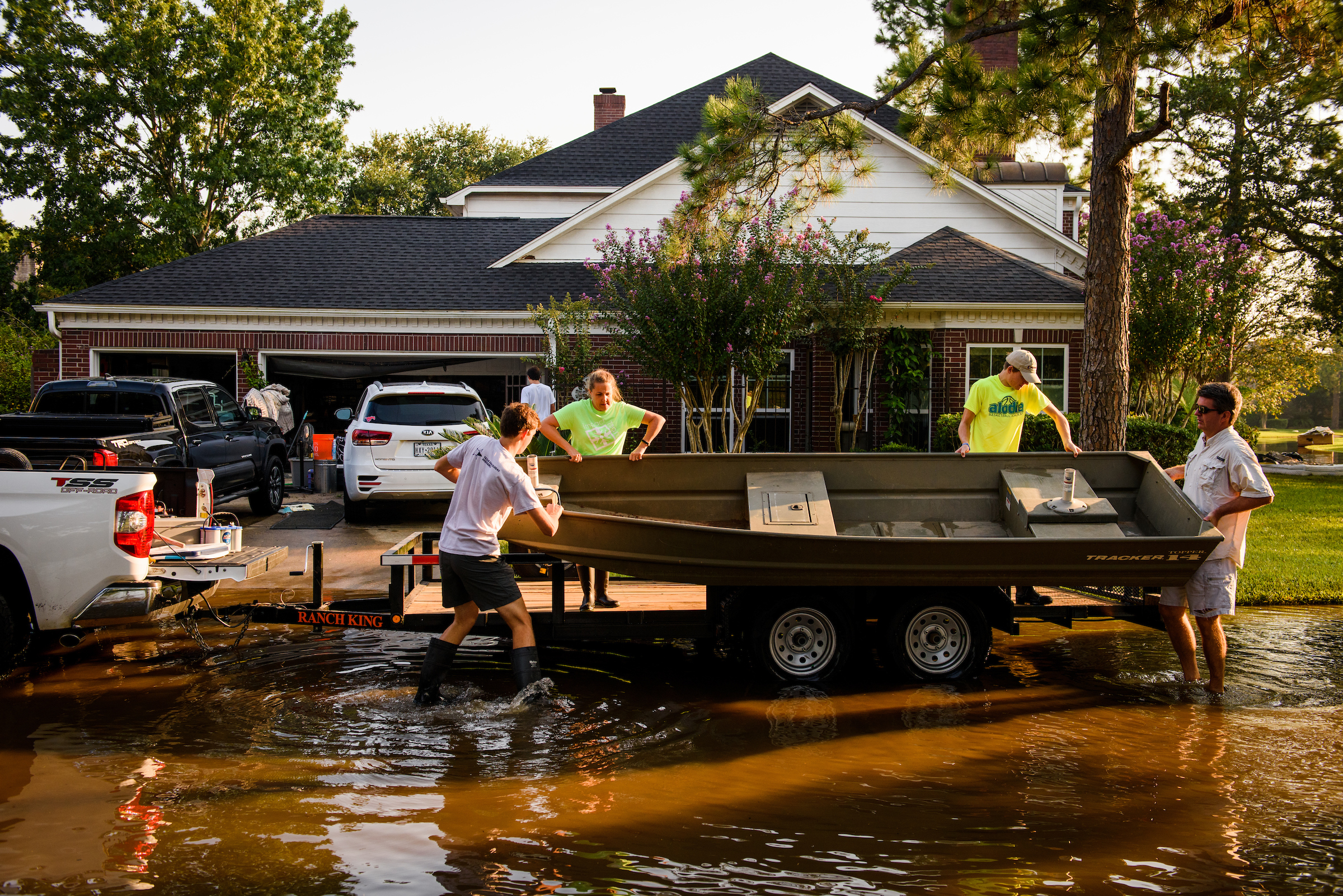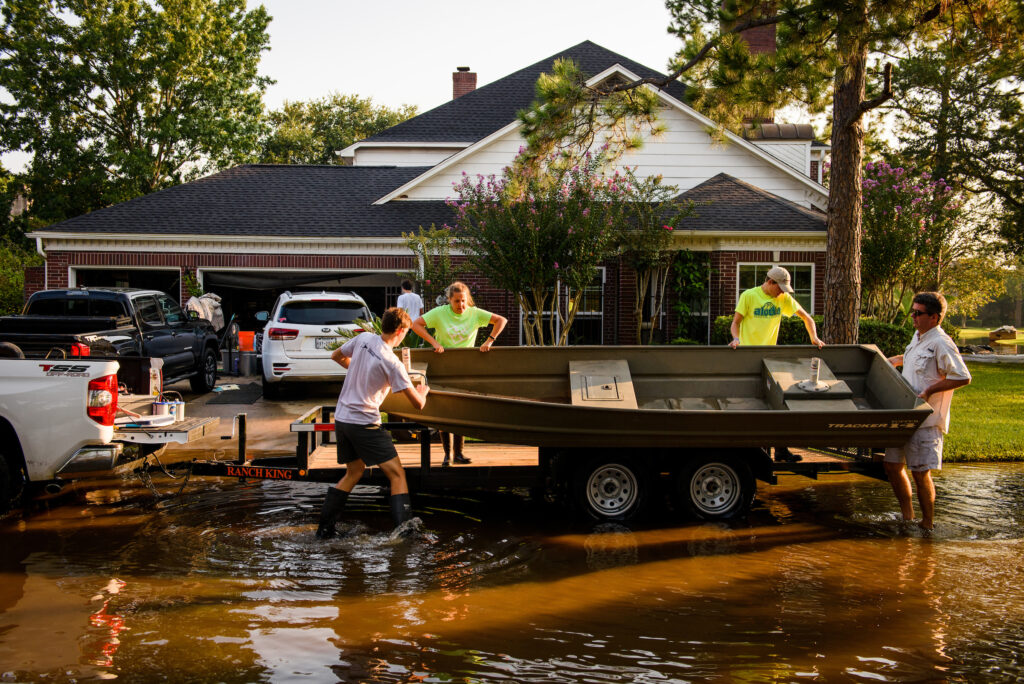
By Cheryl Magness
“And we know that for those who love God all things work together for good, for those who are called according to his purpose” (Rom. 8:28).
It seems like everywhere we turn these days, there is another natural disaster: hurricanes in Texas, Florida and the Caribbean; an earthquake in Mexico; fires raging in the western United States. If there is any good to be found in these stories, it is in their ability to bring people together in support of those who are suffering.
Yet in our effort to help, we need to be careful to help in the best possible way. Unfortunately, while disasters bring out the best in some, they can bring out the worst in others. In the wake of Hurricane Harvey, the U.S. Federal Trade Commission released an updated guide for how to avoid becoming the target of scammers.
By giving to LCMS Disaster Response or directly to affected districts and congregations, LCMS members can know their money is going to legitimate relief efforts. Many are wondering what else they can contribute in the way of durable goods and volunteer time.
In times of disaster, we need to make sure our efforts are well-informed. Sometimes the best of intentions can result in creating rather than solving problems, as when Newtown, Conn., was inundated with 65,000 teddy bears in the wake of the Sandy Hook school shooting.
CBS News recently issued a fresh release of a 2016 story about how disaster relief can sometimes get in the way, resulting in what has been called the “second disaster”: supplies that must be disposed of because they aren’t needed, or volunteer workers for whom an area is not prepared. This is why it is so important to check with local responders, or to work with an organization like the LCMS that is doing so, to make sure you are truly assisting the relief effort.
The Federal Emergency Management Agency (FEMA) has suggestions for how to be a successful donor or volunteer, including “Do not begin collecting, packing or shipping until or unless you have a known recipient to accept it” and “Get training before the next disaster.”
Congregations may form a Lutheran Early Response Team (LERT) by organizing a disaster response training event.
To volunteer with cleanup and rebuilding efforts, sign up on the LCMS Disaster Response volunteer database. When those in the forefront of the relief effort are ready for help on the ground, the information from the database will be shared.
In the meantime, there remains an ongoing need for prayer and financial contributions. Visit the LCMS Harvey and Irma pages for more information.
Cheryl Magness (cheryl.magness@lcms.org) is managing editor of Reporter Online and staff writer for LCMS Communications.
Posted Sept. 12, 2017
